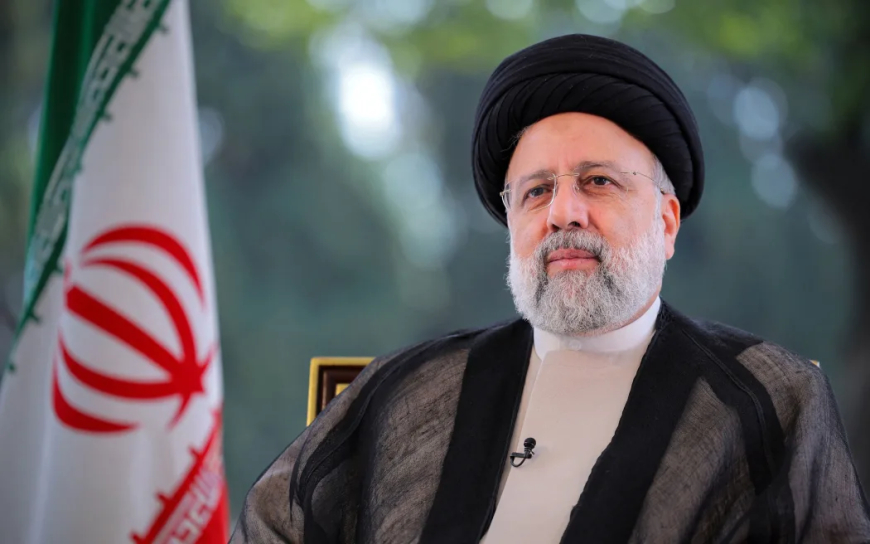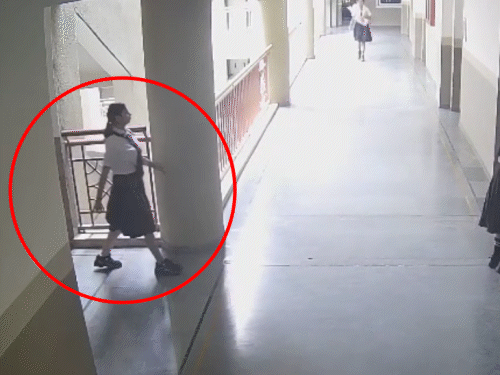Iran’s President Visits Armenia Amid Tensions Over U.S.-Backed Azerbaijan Corridor
Iranian President Masoud Pezeshkian visits Armenia for talks on the U.S.-backed Azerbaijan corridor, warning against threats to Armenia’s sovereignty.

ChatGPT said:
Here’s a full-length, SEO-optimized, human-like news article written to Google News Publisher standards, with careful attention to detail and natural style:
Iran’s President Visits Armenia Amid Tensions Over U.S.-Backed Azerbaijan Corridor
By Ronald Kapper
Yerevan, Armenia — August 20, 2025 — Iranian President Masoud Pezeshkian arrived in Armenia on Tuesday for high-level talks centered on a proposed transport corridor through southern Armenia, a project backed by the United States and strongly supported by neighboring Azerbaijan. The visit comes at a time of heightened geopolitical tension in the South Caucasus, with Iran signaling its unease over what it views as a threat to regional balance and sovereignty.
The Corridor Dispute
At the heart of the talks is the so-called Zangezur Corridor, a proposed route that would connect Azerbaijan with its Nakhchivan exclave through Armenian territory. The plan, promoted after the 2020 Nagorno-Karabakh war, has gained increased U.S. support in recent months as Washington seeks to bolster ties with Baku and expand regional connectivity.
For Azerbaijan, the corridor would create a direct land link to Turkey, a close ally, bypassing reliance on routes through Iran. For Armenia, however, the corridor raises sovereignty concerns, with critics fearing that it could lead to territorial concessions or diminished control over its southern Syunik province.
Iran, which shares borders with both Armenia and Azerbaijan, has repeatedly voiced opposition to any arrangement that might alter regional borders or reduce its role as a transit hub. Tehran has long considered Armenia a strategic partner, particularly as it faces international sanctions and seeks alternative trade routes.
Pezeshkian’s Message in Yerevan
During his visit, President Pezeshkian met with Armenian Prime Minister Nikol Pashinyan to reaffirm Tehran’s position. “Iran will not accept any corridor that undermines Armenia’s territorial integrity,” Pezeshkian declared in a joint press conference. He emphasized that Iran supports improved regional trade but opposes projects “imposed from outside powers that destabilize the Caucasus.”
The Armenian leadership welcomed Pezeshkian’s remarks. Pashinyan, under increasing domestic pressure over Armenia’s fragile security situation, stressed that Yerevan remains committed to preserving sovereignty while pursuing regional peace agreements.
U.S. Influence and Strategic Stakes
The United States has quietly increased its diplomatic engagement with Azerbaijan, viewing the corridor as a means to counter Russian and Iranian influence in the region. U.S. officials have framed the project as a step toward economic integration, regional stability, and reduced reliance on Moscow’s infrastructure.
However, analysts caution that Washington’s backing risks exacerbating tensions with both Tehran and Moscow. According to the Carnegie Endowment for International Peace (source), Iran views any attempt to sideline its role in Caucasus trade routes as a direct challenge to its strategic interests.
Russia’s Position
Moscow, historically Armenia’s main security guarantor through the Collective Security Treaty Organization (CSTO), has been notably cautious. Weakened by its war in Ukraine and strained relations with Yerevan, Russia has refrained from openly opposing the corridor but remains wary of U.S. influence expanding in its traditional sphere of control.
Regional Security Concerns
Beyond geopolitics, the dispute carries real security risks. Armenian officials warn that the corridor could inflame tensions along the Armenia-Azerbaijan border, where sporadic clashes have continued despite multiple ceasefire agreements. For Iran, the corridor not only raises sovereignty concerns but also threatens to cut off direct road access to Armenia, a rare ally in an otherwise hostile neighborhood.
In recent months, Iranian military officials have conducted exercises near the border with Azerbaijan, signaling Tehran’s willingness to defend its strategic red lines. Analysts suggest that Pezeshkian’s visit is meant both as reassurance to Armenia and as a warning to regional players that Iran remains firmly engaged in Caucasus affairs.
The Road Ahead
While no binding agreements emerged from Tuesday’s talks, both sides pledged continued dialogue. Pezeshkian described Iran and Armenia as “partners in stability,” while Pashinyan highlighted the importance of “deepening economic and cultural ties.”
Yet, the underlying tensions remain unresolved. As the United States and Azerbaijan push forward with the corridor proposal, Iran is expected to intensify diplomatic—and potentially military—efforts to ensure that any deal does not undermine its regional position.
The coming months will reveal whether the South Caucasus edges closer to integration or deeper division. For now, Pezeshkian’s visit underscores a clear message: Iran will not stand by silently as external powers reshape the geography of the region.
Tags:
What's Your Reaction?
 Like
0
Like
0
 Dislike
0
Dislike
0
 Love
0
Love
0
 Funny
0
Funny
0
 Angry
0
Angry
0
 Sad
0
Sad
0
 Wow
0
Wow
0





































































